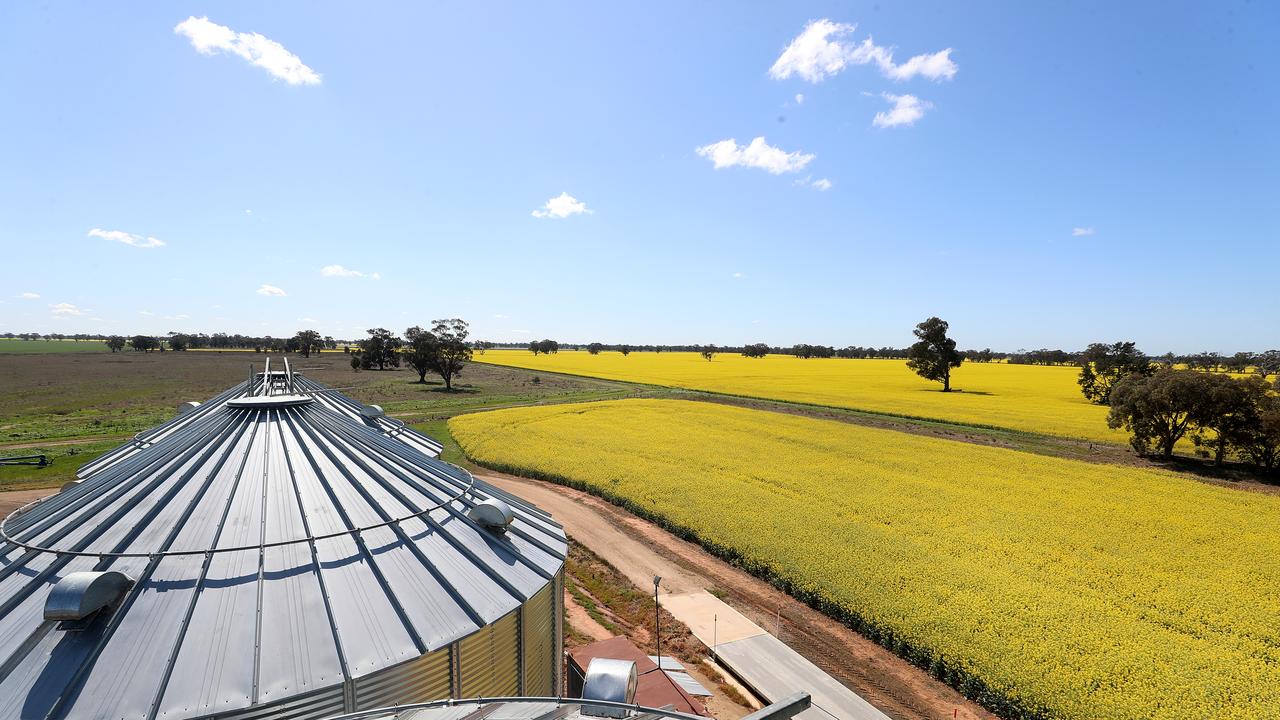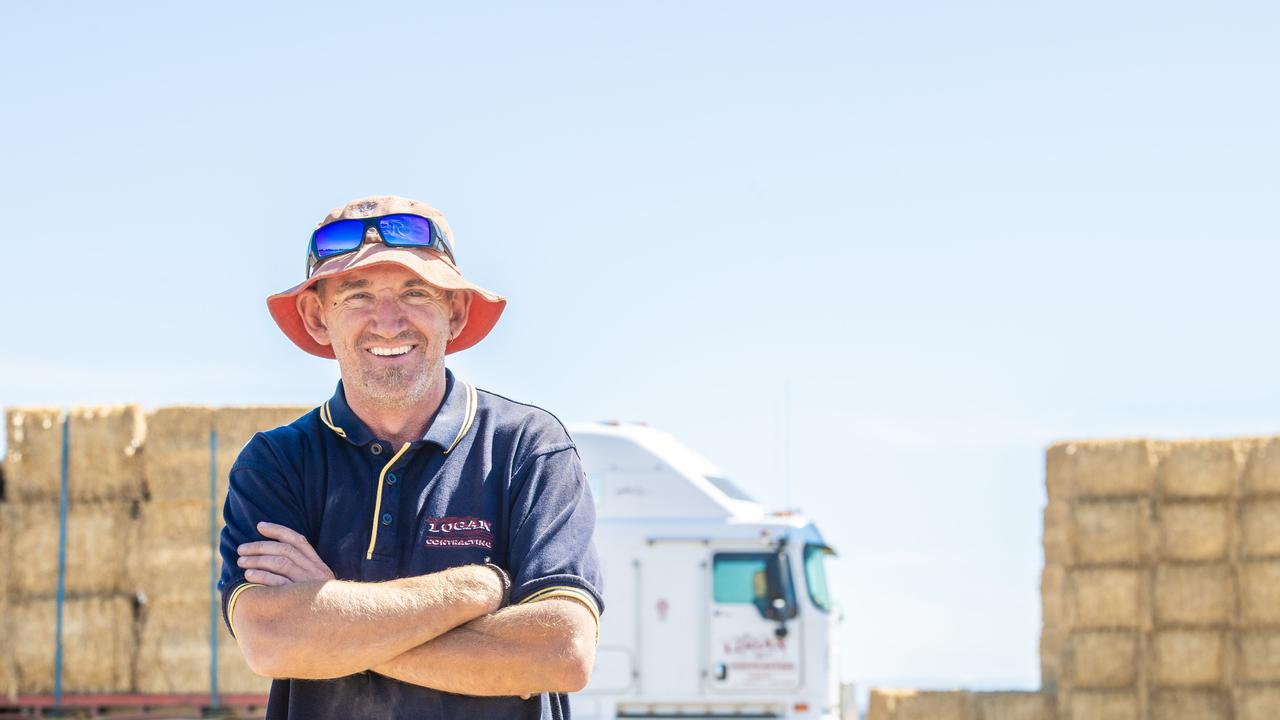From lifestyle to business: How a family farm tripled its size
“Getting the simple things right” allowed this family to vastly expand their farmed area in a few short years.
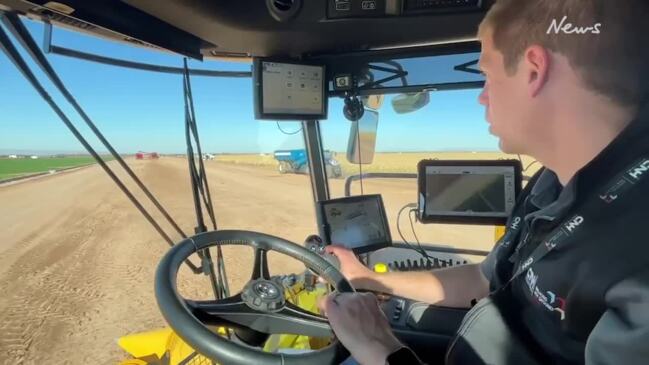
Ben Langtry believes in “getting the simple things right”.
It’s a mantra that has allowed his family to more than triple the size of its farm in the southern NSW town of Marrar over two decades, and one he hopes will guide its path as it brings on employees and shifts to operating as a “business, rather than a lifestyle”.
The business, Marrarvale Pastoral, now totals 4300ha of mixed sheep and cropping, up from 1200ha in the early 2000s.
It is home to three generations of the Langtry family: Ben’s father, Barry Langtry, who manages the property’s crossbred ewes, Ben and his wife, Monica, who look after cropping and bookkeeping, and their sons, Patrick and William.
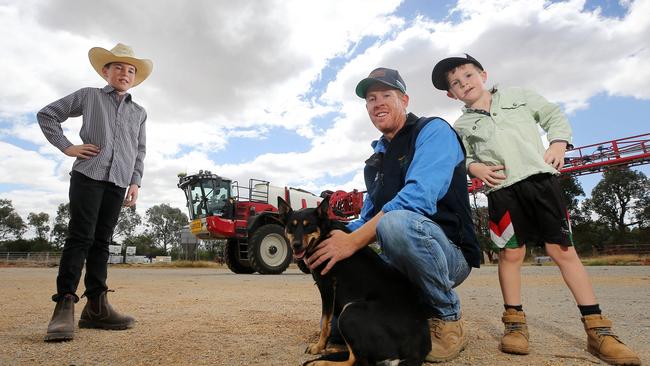
Methodical approach leads to growth
Growing up, Ben enjoyed working with stock, which used to make up 50 per cent of the farming business. But with work to be done in the cropping paddocks he slowly gravitated out into the fields, developing his careful, methodical approach.
“When we spray, we spray 100 per cent. When we sow, we make sure the seed is clean, and it’s going to the right depth,” Ben said.
“It’s the simple things that people often overlook. If we get them right, we believe we’ll grow a decent crop.”
In 2020 and 2021, the business was given the chance to make big profits if it got its crops right, and Ben took the opportunity with both hands.
“2020 and 2021 were two of the most profitable years we’ve had,” he said.
“We generally don’t get good prices when we get good yields. We have good prices when we have no yield. The past three years have been great prices and high yields.”
The bump in income allowed the family to buy two farms and add some leased blocks to the spread, growing the cropping side of the business to become 75 per cent of their total land area – 50 per cent of which is now owned, and 50 per cent leased.
The expansion has brought with it new challenges.
“We’re having to increase machinery at the same time it’s doubling in price. And keeping on top of all the small things (is a challenge when you’re) covering twice as much, or three times as much (area), as what you’re used to do,” Ben said.
To manage the workload, he has brought on two full-time staff, a shift he has found hard, but also “really enjoyable”.
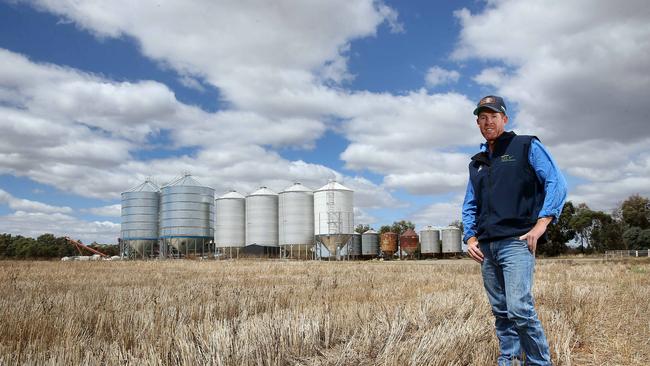
Constant adaptation
The coarse soil of the Marrar area was a blessing last year, when the farm had the wettest growing season Ben had ever experienced. A total of 850mm of rain across the year, bundled mostly into the months between May and October, made everything soggy.
But while the rain made some farms impassable, the Langtrys got bogged “only a dozen times” during harvest.
And the moisture helped deliver yields of 4.8 tonnes a hectare for wheat and 2.5t/ha for canola, well above the long-term average of 3t/ha for wheat and 1.8t/ha for canola.
Finding the crop varieties that deliver best for the area’s warm, temperate climate and coarse soil has been a process of constant trial and experimentation.
“We’re always trying to introduce a new variety each year to compare and make sure that we’ve got the best-yielding variety for our area,” Ben said.
Over the past decade, yields have steadily increased. The farm has settled on Beckom wheat, which it has now grown for seven years, alongside the Scepter variety. But Ben is always keeping an eye out for alternatives.
“I tend to speak to agronomists and research online to find new varieties,” he said.
“The breeding of better quality products is what is driving a lot of our increased yields now.”
The cropping program, which uses a disc seeder, has also adapted to cope with weed pressure, switching to a four-year pulse, canola, wheat, barley rotation.
“We have canola following a pulse, so we have two broadleaf crops and hopefully take out as much grass weeds as we can. That way we try to keep the likes of rye grass to a minimum, or make it easier to take out in the wheat and barley phase of the rotation.”
Pulses not only help to control weeds, but also add nutrients to the soil, making the canola crop cheaper to grow and better yielding.
“The majority of our place now is continuously cropped, so we’ve introduced the pulses to try and make that more sustainable … The crop after the pulse tends to yield a bit more.”
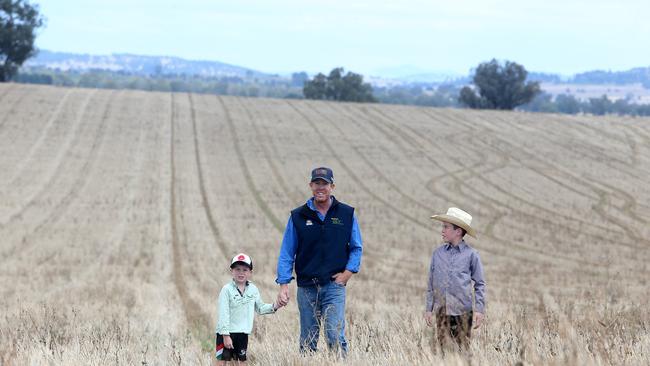
Bright future
As Ben takes the reins of the farm (Barry has announced he is two years from retirement), that spirit of innovation is likely to continue.
The business is considering switching its sheep enterprise to a six-month program running October to March, rather than breeding stock year-round — a change Ben hopes will save on labour while making good use of summer stubble and spilt grain.
With a focus on constant improvement, he hopes he’ll be able to “set something up that (sons Patrick and William) might be able to utilise when they’re older if they choose”.




